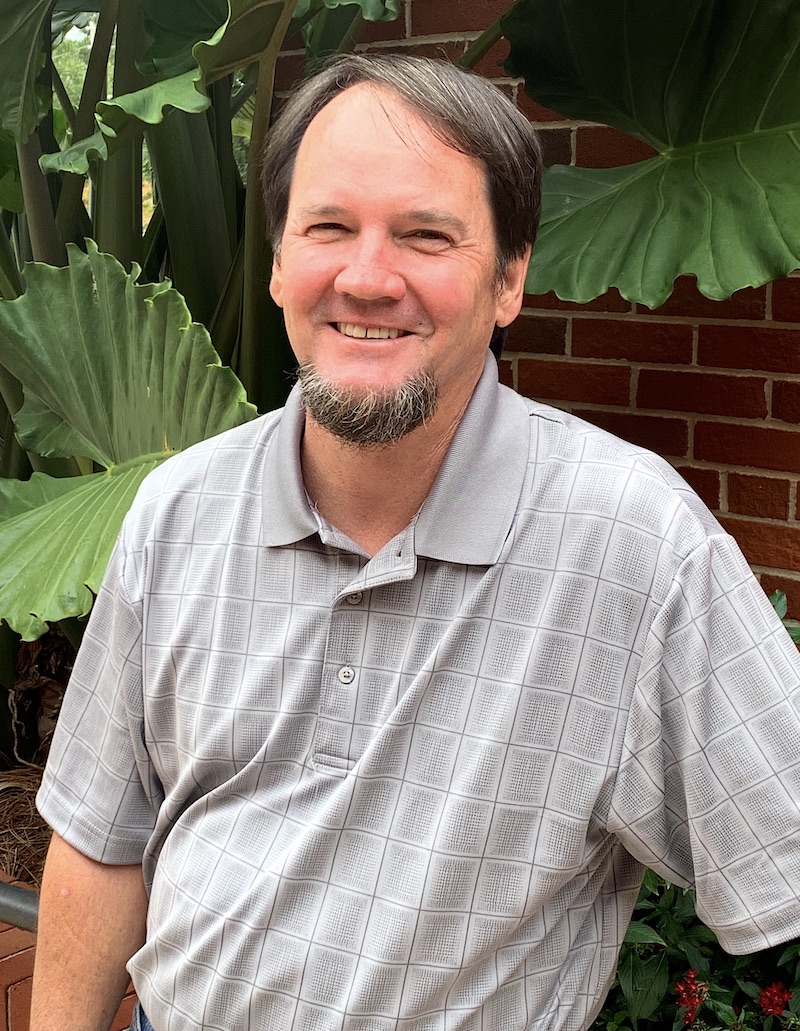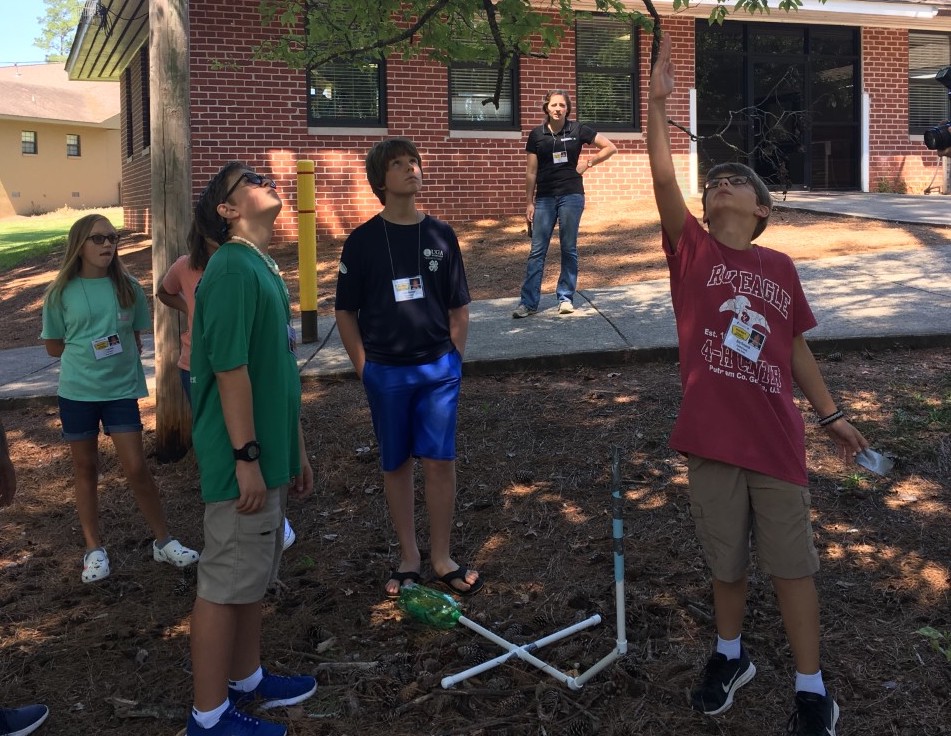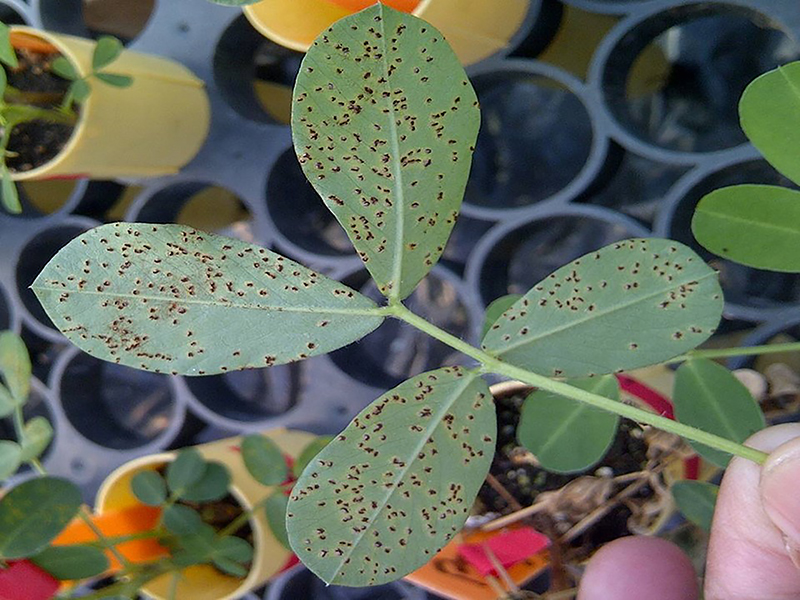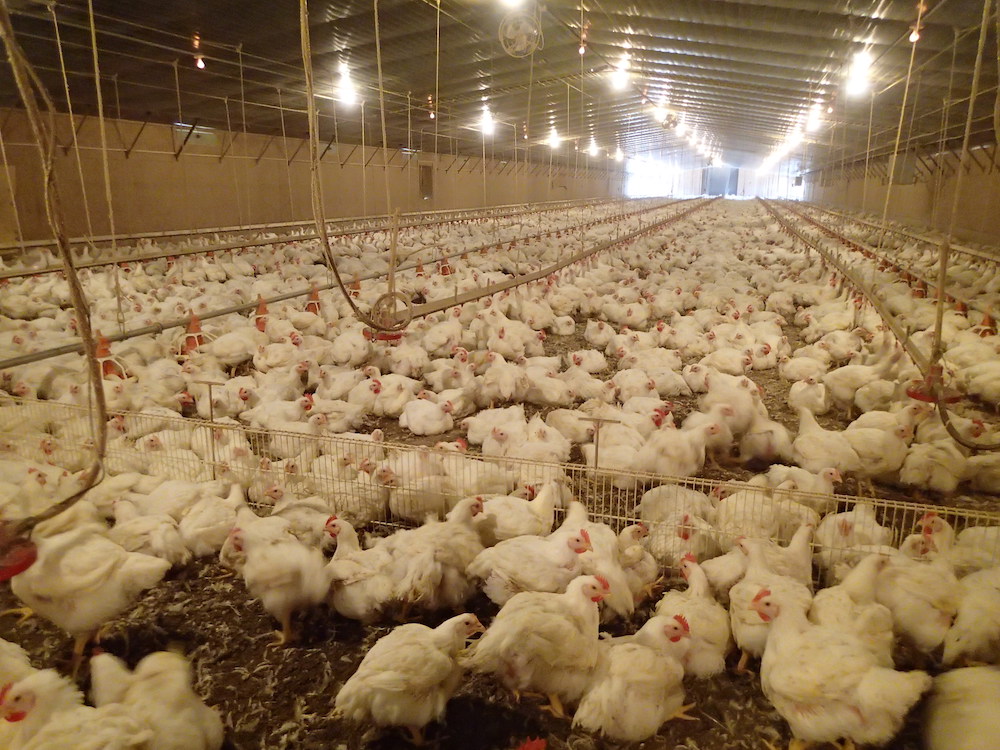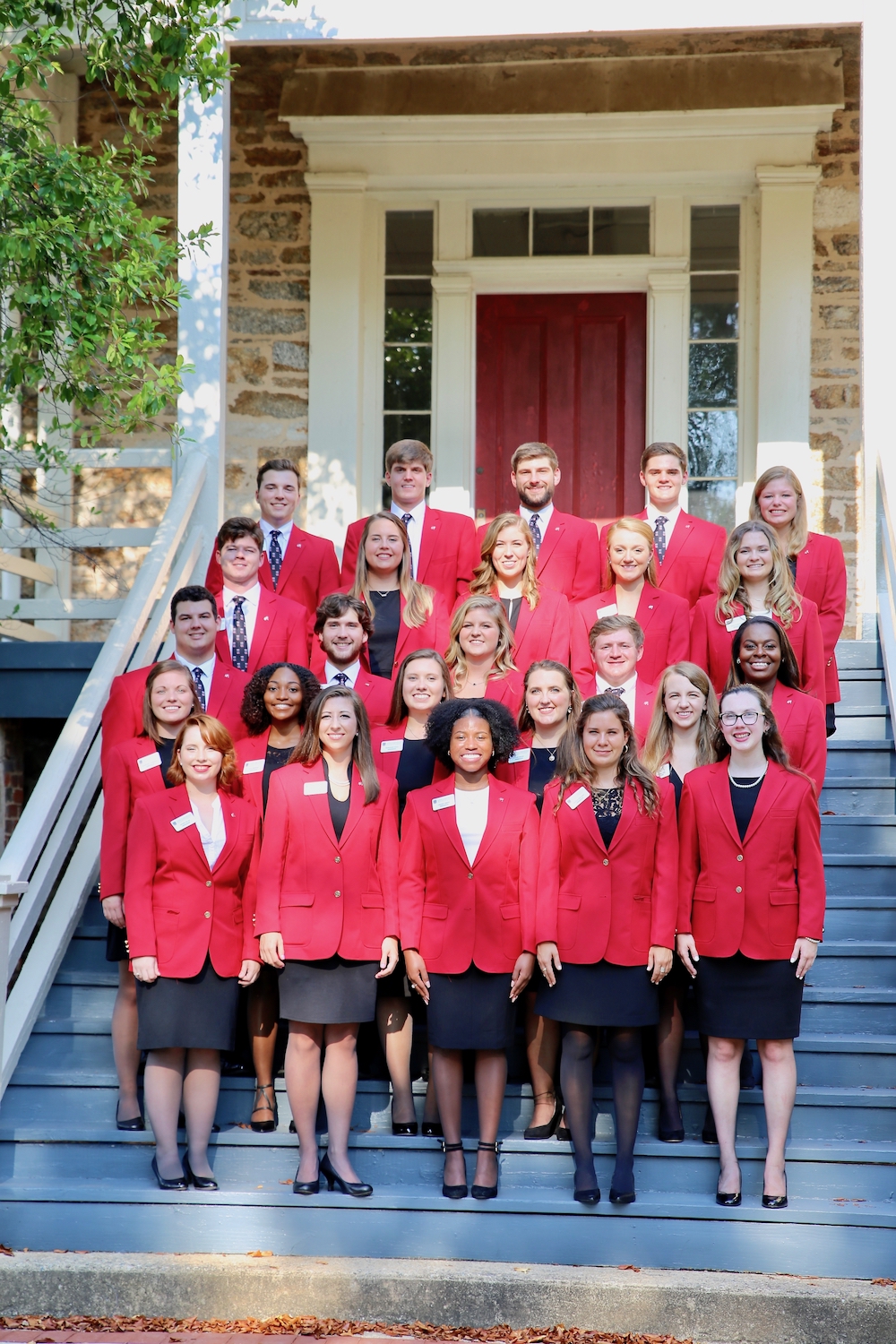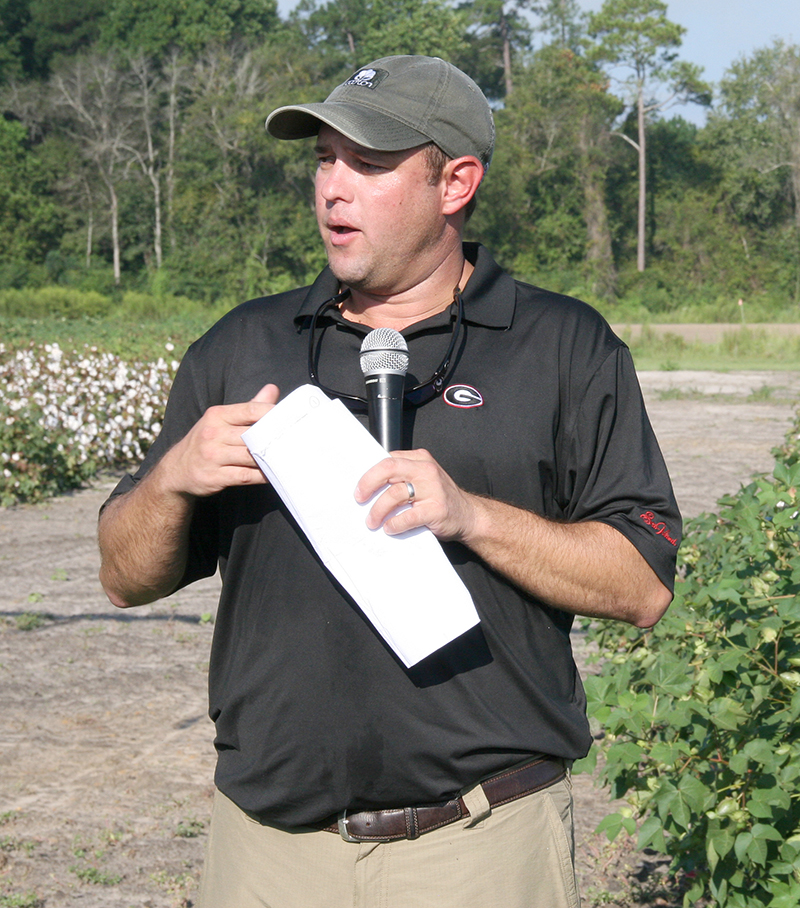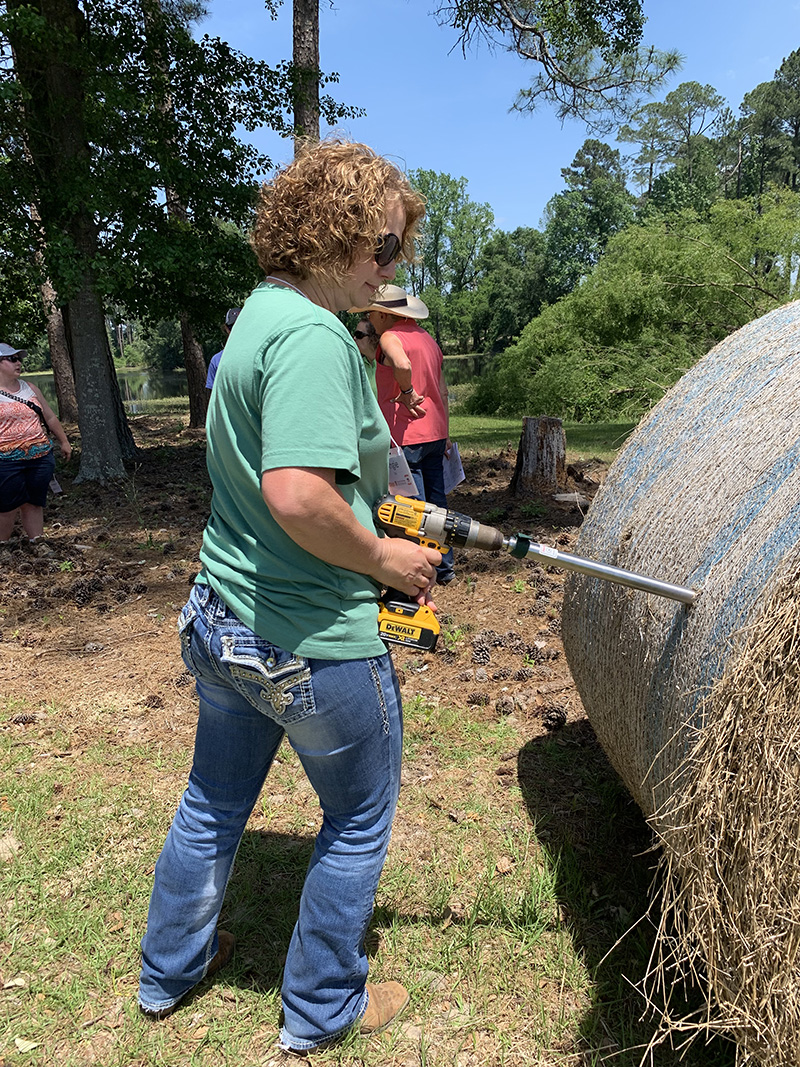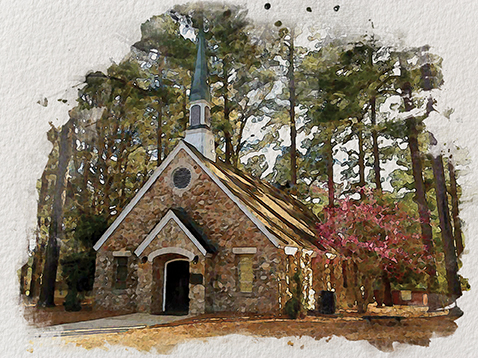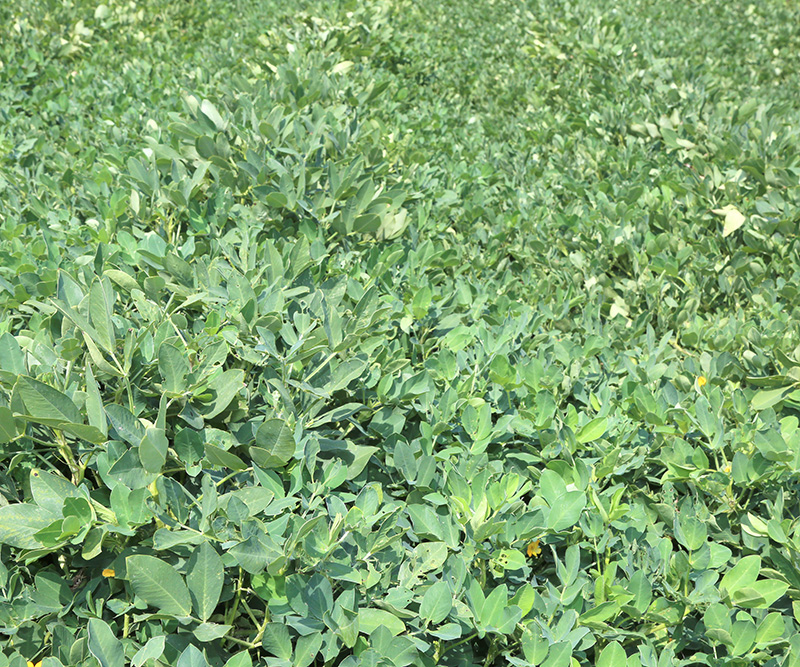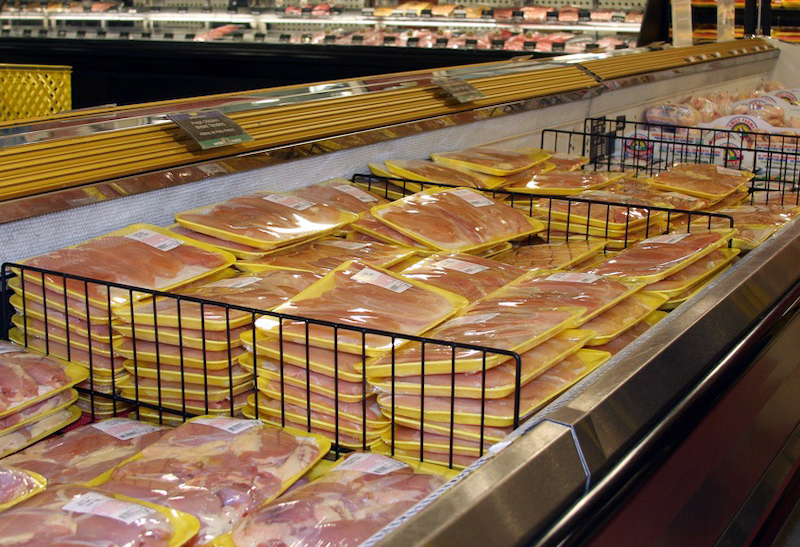 CAES News
CAES News
Cooking Chicken Safely
Food safety experts have been warning consumers against washing and rinsing raw poultry for many years, citing how the bacteria in poultry juices can spread and cross contaminate other foods, utensils and surfaces. A USDA report shows that many aren't listening.

